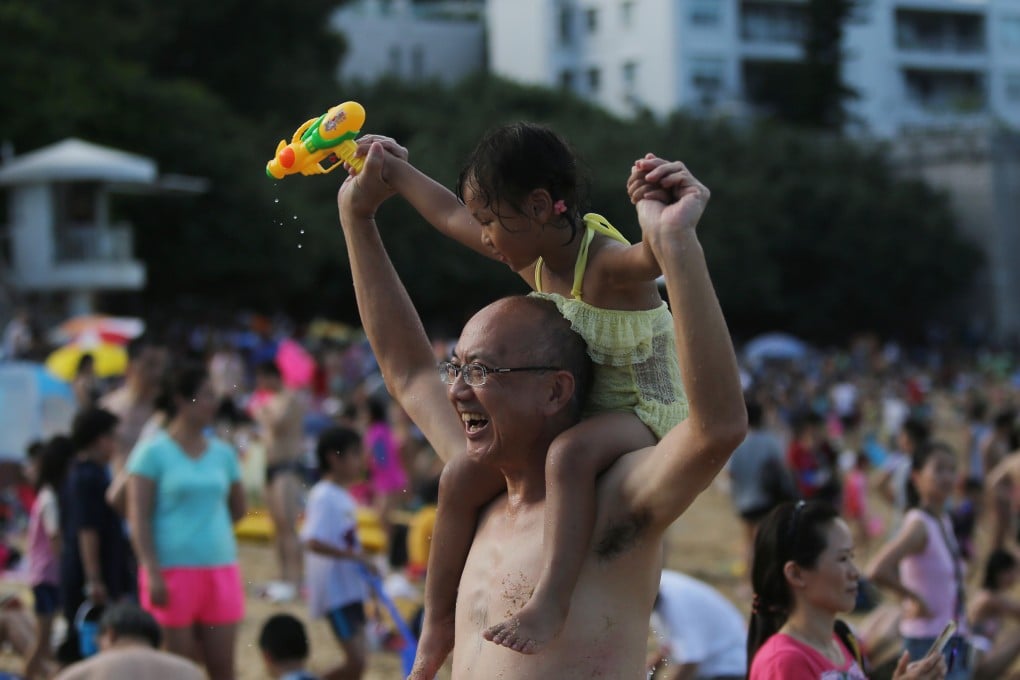Hong Kong parents: Allow your children time to rest and play if you want them to succeed in life
Christian Chan and Esther Lau say that more exams and drilling at the expense of sleep and recreation defeats the purpose of advancing children’s growth


We are concerned that structured schooling and assessment exercises come at the expense of time for sleep, rest and play. The importance of sleep and play in a child’s neurocognitive and psychosocial development has been shown repeatedly in rigorous scientific research.
Children and teenagers need more sleep than adults. Sleep is vital to health, physically and mentally.
For the developing brain, the impact of sleep deprivation can have serious long-term biological consequences
The body restores itself in sleep. We also know that sleep is essential to learning, especially the consolidation of learned materials. Ample scientific evidence has shown that those who sleep more perform better academically.
We are also beginning to understand the role sleep plays in emotional well-being. Simply put, when we are sleep-deprived, we are more prone to sickness, bad moods, risky behaviour, and are less effective and efficient in our work. For the developing brain, the impact of sleep deprivation can have serious long-term biological consequences.

READ MORE: Reviled standard school test is a scapegoat for Hong Kong’s flawed education system
Hong Kong is a performance-oriented society. We empathise with the pressure on parents and schools to help young ones “get ahead”. Paradoxically, studying at the expense of sleep and play puts our children at risk of poor cognitive and social development so, instead of getting ahead, they might lose the “golden period” of brain growth that is critical for all kinds of functioning. Even for the most achievement-oriented parents and schools, more exams and drilling at the expense of sleep and play defeats the purpose of advancing children’s growth.